Advancements in Tunable LC Filters: Applications and Benefits
Introduction to Tunable LC Filters Tunable LC filters are pivotal components in various electronic systems, serving essential roles in telecommunications, signal processing, and more. These filters are primarily composed of inductors (L) and capacitors (C), which can be adjusted to modify their frequency responses. By altering the values of these two fundamental components, engineers can …
Advancements in Tunable LC Filters: Applications and Benefits Read More »
